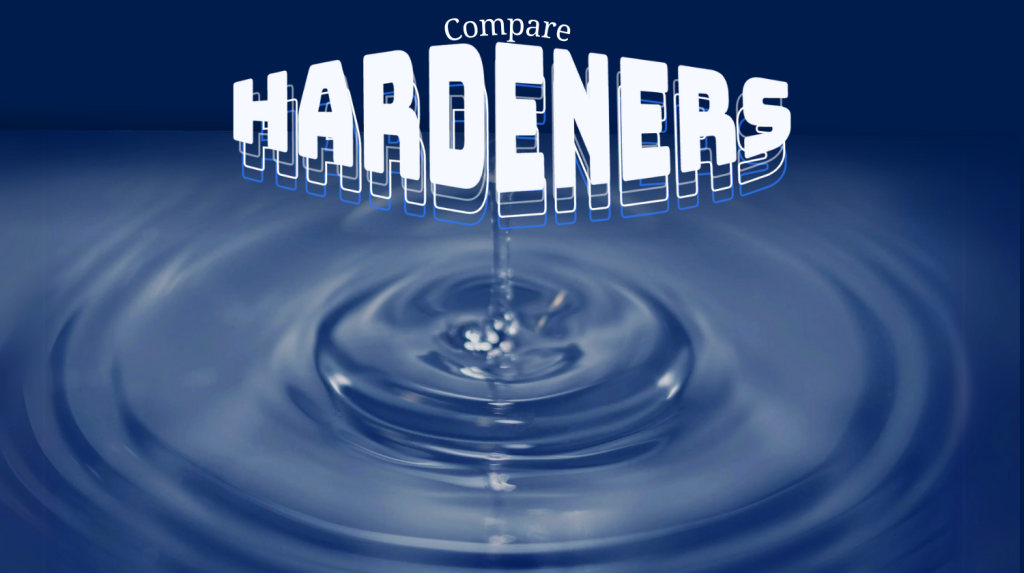More than just “drying agents” hardeners play a key role in the performance and longevity of coatings and materials. But do you truly know the difference between solvent-based and water-based hardeners? Let Vichem break it down for you in this article!
1. What is a Hardener?
A hardener is a crucial component that triggers polymerization or chemical curing reactions. It transforms materials like paint, resin, or adhesives from liquid to solid, while forming a durable, protective film.
Hardeners are widely used in industrial coatings, engineering plastics, adhesives, composites, and construction materials. They are generally divided into two main types: solvent-based and water-based hardeners.

2. The Role of Hardeners
Hardeners are essential in creating a stable cross-linked structure for paint films, plastics, or adhesives after application. Through chemical reactions with base resins, they form 3D network bonds, which determine:
- Mechanical strength and surface hardness
- Resistance to moisture, chemicals, heat, and abrasion
- Long-term durability under harsh conditions (sunlight, acid, alkali, etc.)
- Overall product performance – especially in high-demand sectors such as protective coatings, industrial flooring, construction, automotive, marine, and structural adhesives.

3. Solvent-Based vs. Water-Based Hardeners
3.1 Solvent-Based Hardeners
These use organic solvents like xylene, toluene, or MEK as carriers. They cure faster and are commonly used in 2K systems such as solvent-based epoxy, polyurethane, or acrylic coatings.
Advantages:
- Strong adhesion
- Tough, chemical- and abrasion-resistant coatings
- Easier to apply in varying weather conditions
Considerations:
- Emit VOCs (volatile organic compounds), contributing to environmental pollution
- Flammable – requires strict storage conditions and proper ventilation during application

3.2 Water-Based Hardeners
Unlike solvent-based systems, water-based hardeners use water as a dispersion medium. They release fewer VOCs and are more environmentally friendly. However, they often cure more slowly and require optimal temperature conditions.
Advantages:
- Low toxicity, low odor
- Environmentally friendly (no VOC emissions)
- Ideal for enclosed spaces (e.g., interior coatings, food contact surfaces, medical settings)
Limitations:
- Longer drying time
- May have lower adhesion in humid environments or on poorly prepared surfaces
- Requires careful mixing and application to achieve optimal performance

4. VICHEM – Hardener Solutions Partner
If you’re looking for a reliable supplier of high-quality hardeners at competitive prices, Vichem is here to help.
We offer a wide range of solvent-based and water-based hardeners, tailored to meet the needs of various industries – from construction and coatings to plastics and adhesives.
👉 Contact Vichem today for expert consultation and solutions designed to boost your product performance.
📞 Contact: 0817901790
📧 Email: contact@vichem.vn
🔎 LinkedIn: Vichem
🌐 Website: Vichem.vn







